Our annual Headliners bike test is both a great excuse to sling a leg over some of the new bikes we’re most excited to ride and to deliver a verdict on how these trend-setting machines perform.
It's also a chance for us to delve deeper into the minds of bike brands’ product managers and engineers.
These are the people who have their fingers on the pulse of where the industry is going and have access to the best tech in the business as they go about creating the mountain bikes we’ll be seeing on the trails in the coming years.
Headliners bike test
This year, we’ve picked out six bikes that represent the current, and future, state of play in mountain biking, as well as being ones we've loved riding.
Introducing this year's Headliners bike test
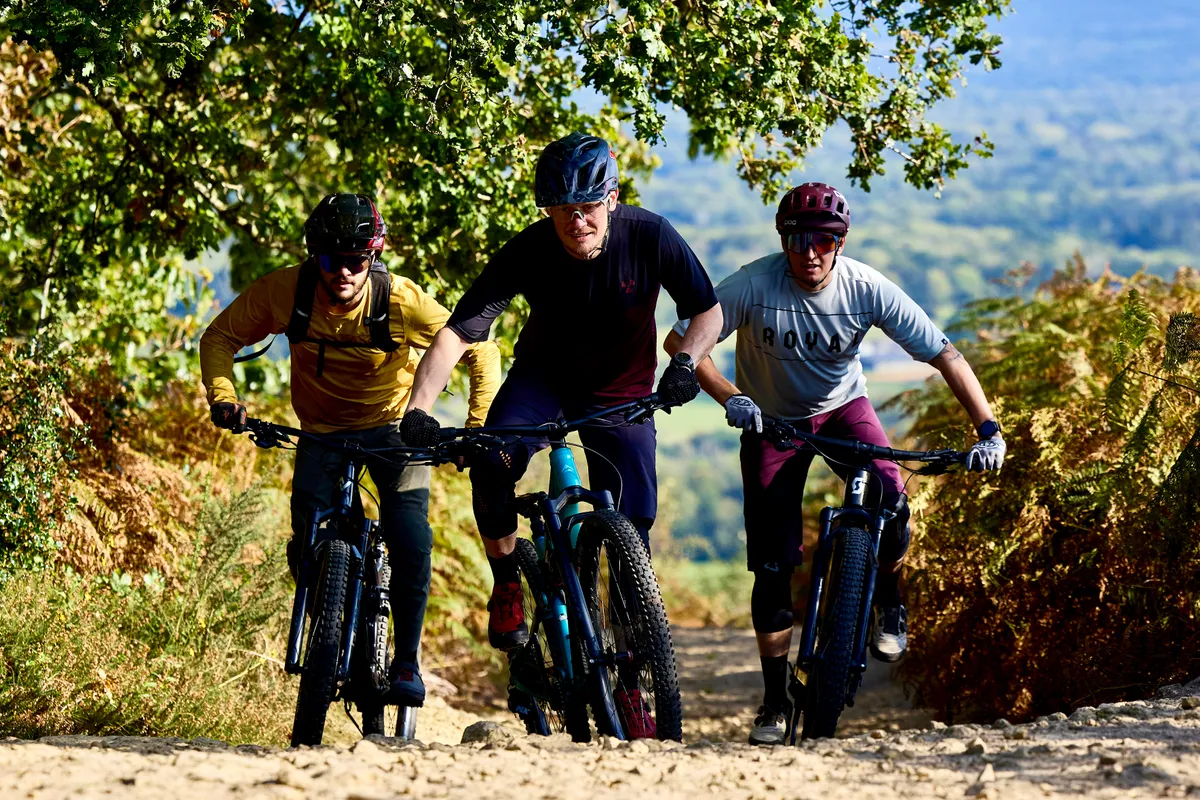
Though we seem to say it every year, XC really is having a resurgence. Such growth is attracting racers from the drop-bar world onto the dirt, as well as bike brands keen to mark their presence.
One of those brands is Cervélo, with the unashamedly race-focused ZFS-5, a bike bred to be placed on the start line.
The antithesis of this might be the new Trek Slash.
While high-pivot bikes have been popular in the DH world, in the enduro sphere it has largely been boutique brands that have slung a pivot and an idler pulley up high, leading some to believe they were never going to truly reach the mainstream. However, with the release of the Slash, maybe it’s time to reconsider?
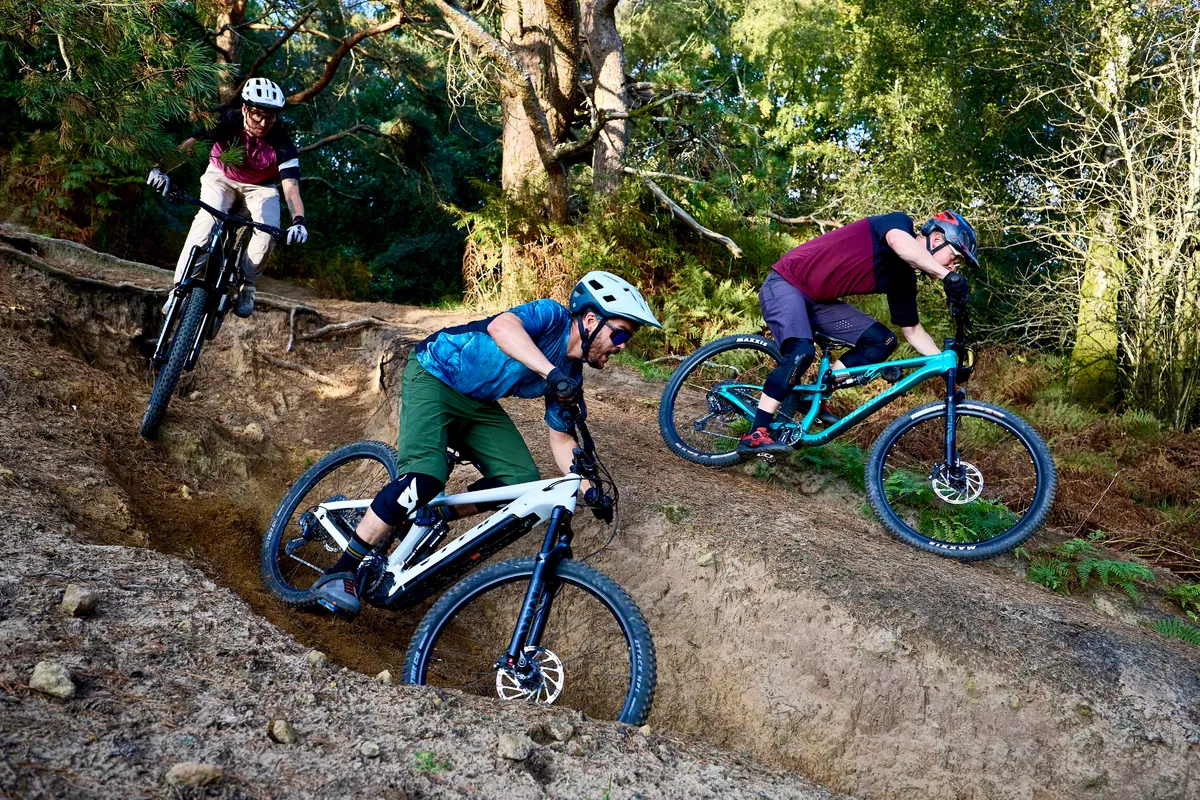
Moving on, and love them or loath them, electric mountain bikes are in high demand these days, and as with all types of bike, there’s a divergence in approaches.
The Scott Lumen takes the sleek lines afforded by the brand's internal shock architecture, and pairs it with a lightweight motor and slimline battery, making the Lumen as low-profile as they come.
At the opposite end, in more ways than one, is Vitus’ E-Mythique LT. This long-travel machine is paired with a full-power electric bike motor.
So, why is it here? Well, it’s as pocket-friendly as a fully capable eMTB gets, and it uses a Bafang motor – a unit not many other brands have specced, yet.
Rounding out our list are two bikes ready to hit any trail – the mountain biking bread and butter, if you like.
First, we’ve got our hands on Norco's latest all-rounder, the Fluid FS C2 trail bike.
British Columbia is one of mountain biking’s spiritual homes, and so we’d expect any bike designed in the Canadian mountains to be more than capable of tackling some seriously techy trails.
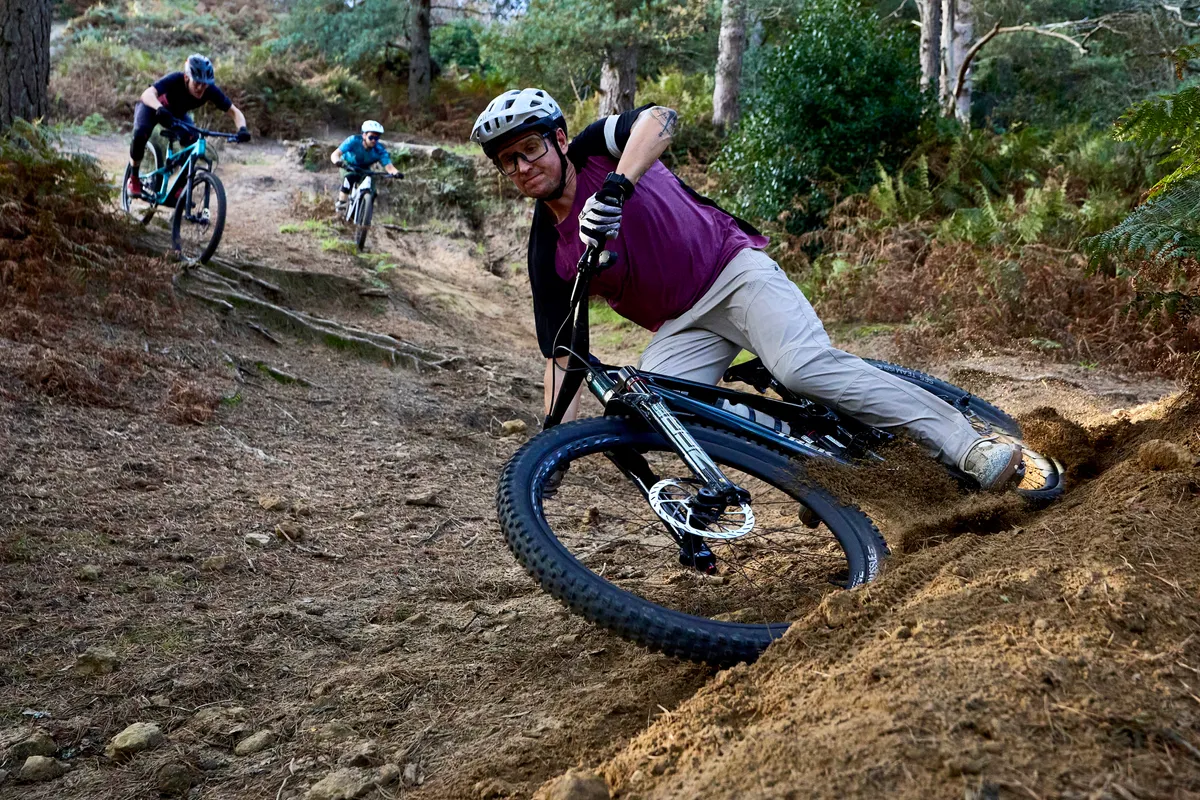
Finally, earlier this year we were wowed by Merida’s latest generation of bike, with the One-Forty winning our Trail Bike of the Year test and the One-Sixty winning Enduro Bike of the Year.
Merida's latest endeavour is the more affordable One-Twenty, but is it as good as its bigger brothers?
With a wide range of bikes, aimed at a host of different riders, we haven't tested these against each other.
However, we’ve made sure to rally them back-to-back with their closest competitors, to ensure our reviews are as thorough as you’d expect from BikeRadar.
We'll be publishing our reviews over the next two weeks. For now, though, it's time to get to know each of the bikes a little better.
Meet our Headliner bikes
Cervélo ZFS-5 XX SL AXS
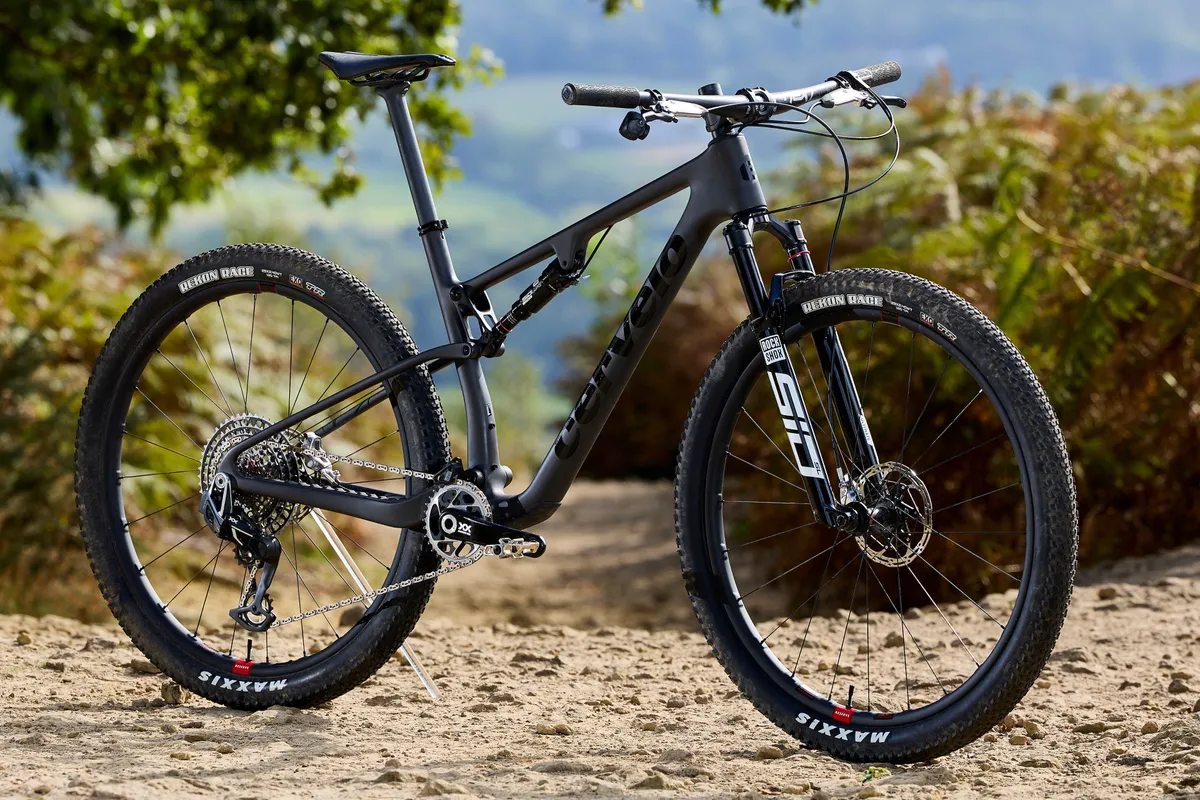
- £10,499 / €11,299 / $10,700
When the ZFS-5 broke cover at Nove-Mesto, in Jumbo Visma’s signature yellow paintjob, it attracted plenty of attention – especially because in the short-track race, a rule-bending alloy link was used in place of a shock.
It was the first time we’d seen a mountain bike from the brand, and so expectations have been high – can this roadie brand, with an exemplary record on tarmac, make a mountain bike that’s worthy of the logo on the down tube?
The ZFS-5 is a pure race rig, with 100mm of suspension travel at either end. It’s flex-stay carbon frame follows the silhouette that’s becoming increasingly common on XC bikes these days, with slender stays and a shock nestled under the top tube.
The ZFS-5 eschews the weighty droppers that are increasingly popular in the XC WC scene, though has routing for those wanting to add a little wriggle room when things get spicy.
A top-end SRAM XX SL Transmission drives the bike, while Ultimate-level suspension from RockShox keeps things smooth.
Trek Slash 9.9 XO AXS T-Type Gen 6
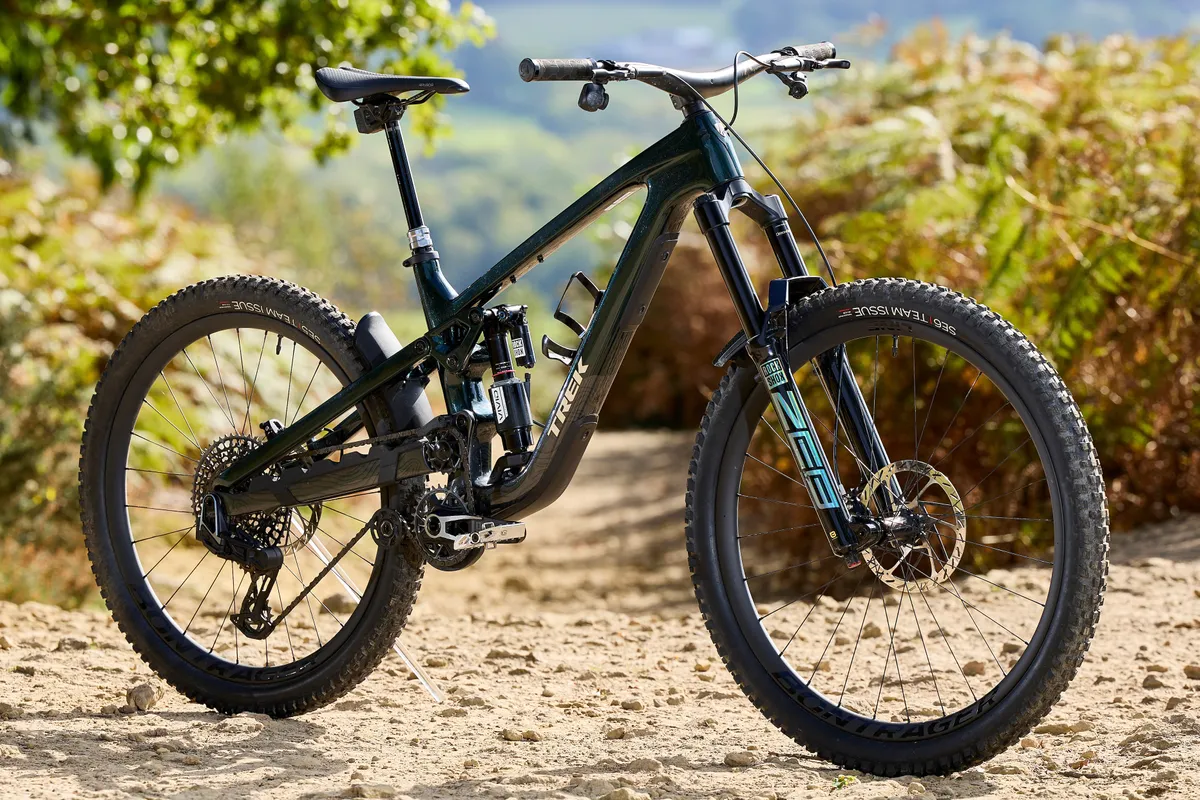
- £9,400 / €9,999 / $9,399.99
With 170mm of rock, root and drop-eating suspension at either end, the Slash hits the sweet spot for enduro racing and riding.
While travel figures in enduro racing seem to have settled on 160-180mm, it seems the perfect suspension layout is still up for grabs.
High-pivot bikes give the rear wheel a more rearward axle path, which should give a smoother feel when the tyre hits a rock or root, as it moves back and up.
However, there can be impacts on pedalling performance, both in terms of suspension bob (how the suspension squashes under pedalling loads) and drivetrain drag – as the chain routes high over an idler pulley. Has Trek managed to circumnavigate these issues?
This long-travel, high pivot should, on paper, give few excuses when the going gets tough. Trek’s high-spec racer features SRAM’s latest XO Transmission, along with a carbon chassis and hoops.
3) Scott Lumen eRide 910
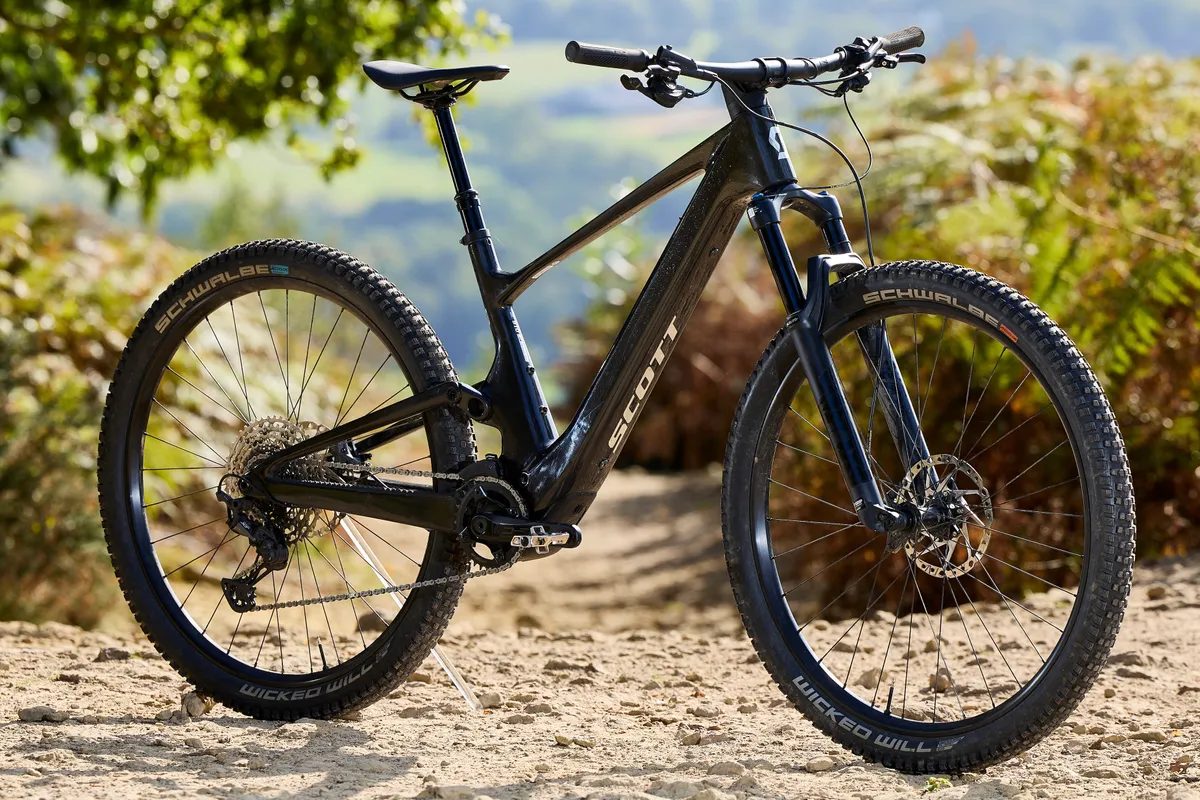
- £6,499 / €7,000 / $6,999.99
Taking clear design notes from the brand’s Spark XC and downcountry models, the Lumen is one of the lightest, and most subtle, electric mountain bikes on the market.
The Swiss brand has engineered the almost-silent TQ HPR50 motor into the bike's carbon frame, with a 360Wh battery packaged neatly into the down tube, to give enough juice to power you through your rides.
The 130mm of travel ensures big days out are done in comfort. The shock is hidden in the seat tube and bottom bracket junction, with a semi-hidden link driving the shock. Scott features its TwinLoc system on the Lumen.
This on-bar lever assembly provides three compression, and travel, modes to the shock. There are open and firm modes, as well as a ‘Traction’ mode, where travel is limited. It might make the cockpit more busy, but read our upcoming review to find out how effective it is.
4) Vitus E-Mythique LT VRX
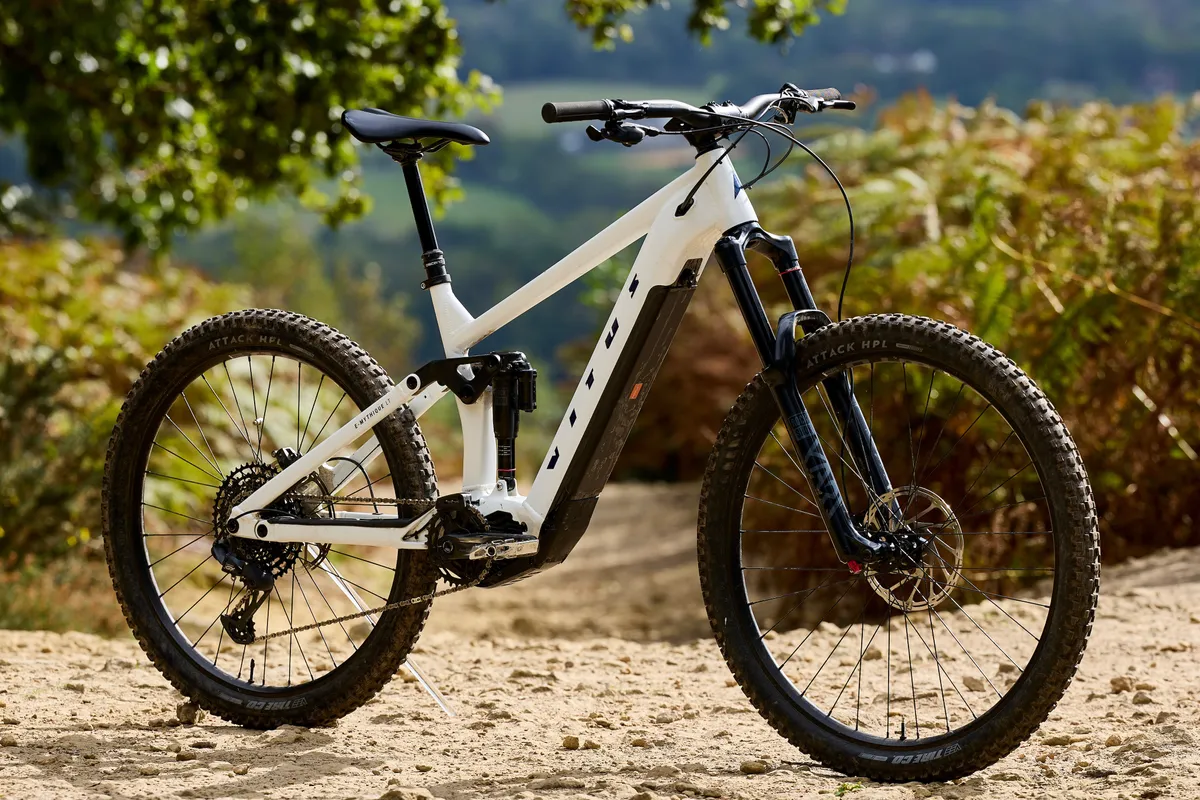
- £4,399.99/ €5,099.99 / $4,599
Though the price is relatively low for a fully fledged, long-travel eMTB, Vitus hasn't left it lacking a punch, making it a great assisted option for riders getting into the sport, or those who don’t want to drop a ton of cash to get electrified.
The 160mm frame holds a 170mm fork, while Bafang’s motor delivers an incredible 95Nm of torque. The use of this motor marks the bike out from other brands, because it’s the first time we’ve seen it on a widely available production bike.
Vitus’ pricing is hugely competitive, making this one of the best-value electric mountain bikes on the market.
5) Norco Fluid FS C2
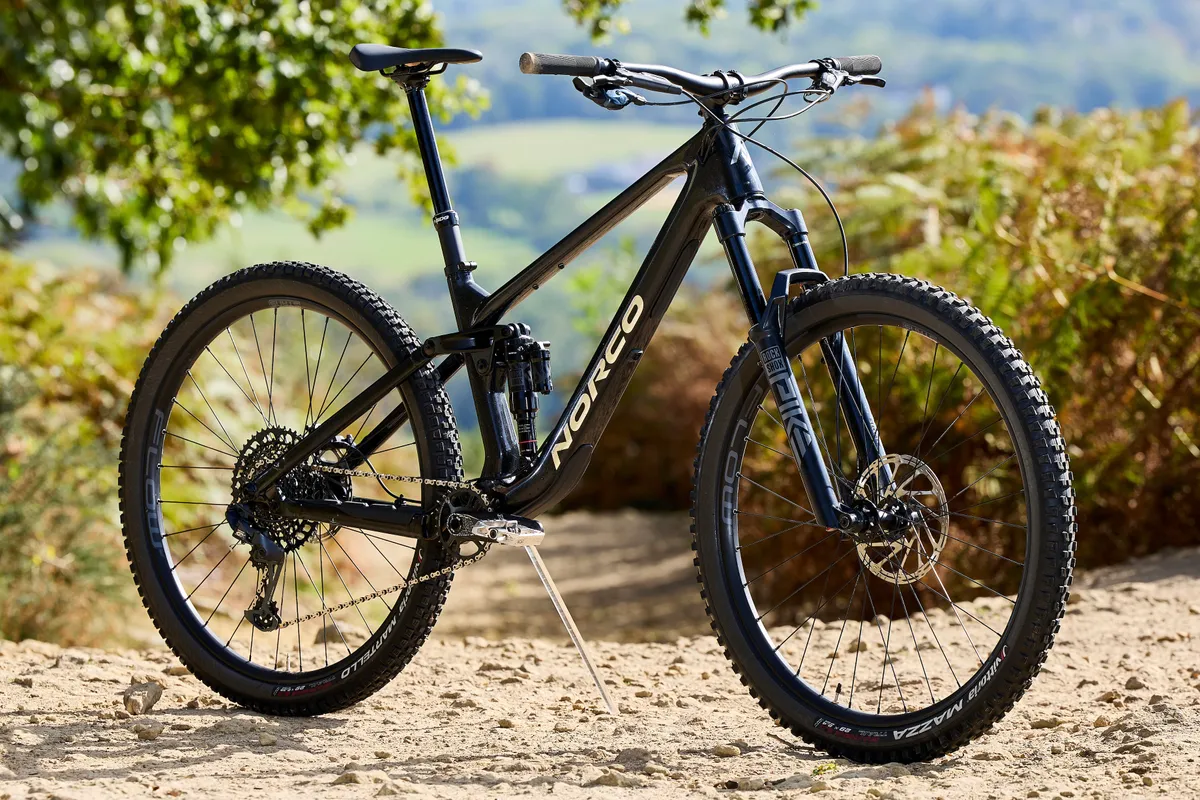
- £4,999 / $4,999
While the 130mm of rear-wheel travel might not scream burliness, the rest of the build shows Norco doesn’t want you to shy away from pushing the bike as hard as you dare.
The Canadian brand squeezes aggressive tyres into the frame and 140mm travel fork, while a piggyback shock, long dropper and plenty of standover height should give you the confidence to explore the trail’s features with confidence.
Norco touts this bike as the perfect match for evolving and advanced trail riders, so if you’re in the market for a new bike that’ll help you push your limits, this could be the one for you.
6) Merida One-Twenty 700
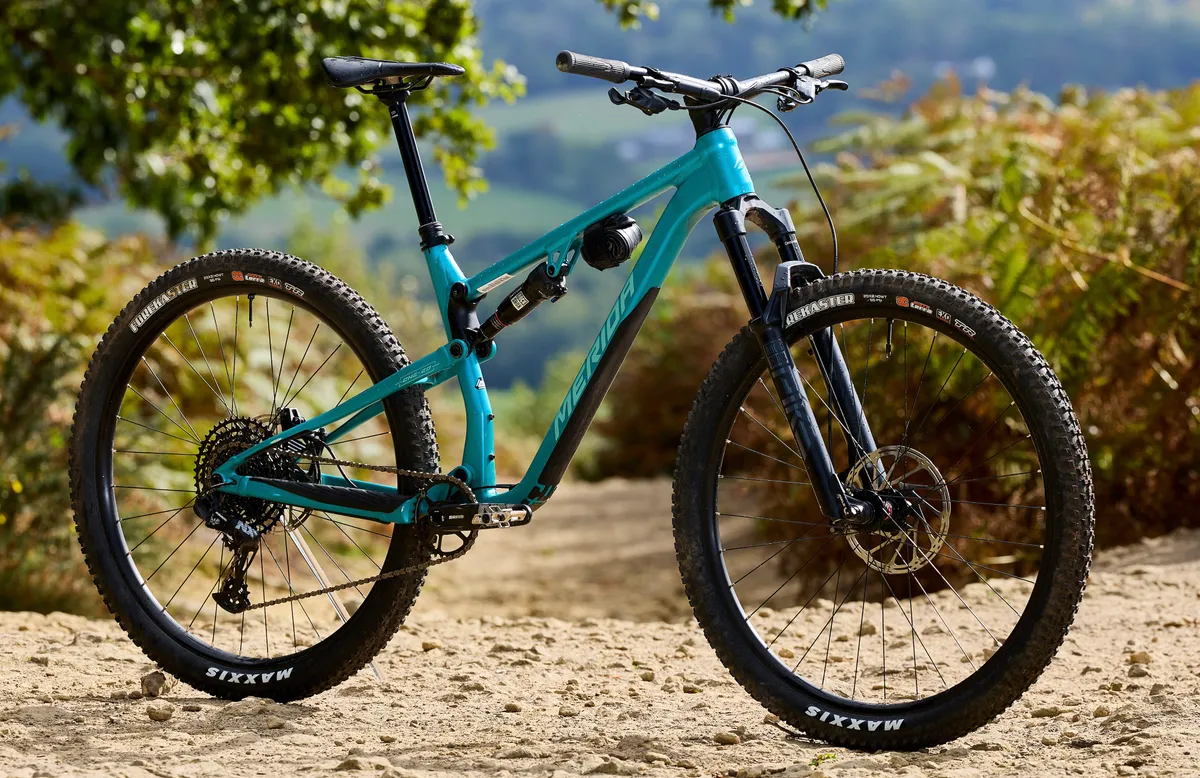
- £3,100 / € – territory dependant
With 130mm of travel at either end (no, not a typo), the new One-Twenty draws its DNA from the One-Forty and One-Sixty bikes launched a year ago.
Merida's flex-stay suspension system has been tested extensively to ensure this alloy frame can cope with the demands of even the most aggressive trail riders. The short seat-tube based geometry has proved a hit already, rated among the most forward-thinking of any bike at this price point.
The One-Twenty family has three bikes, all with alloy frames. This top-spec version represents decent value, but the mid-spec 600 model is arguably even more value-focused.
If Merida's other bikes are anything to go by, this one should be a corker.
